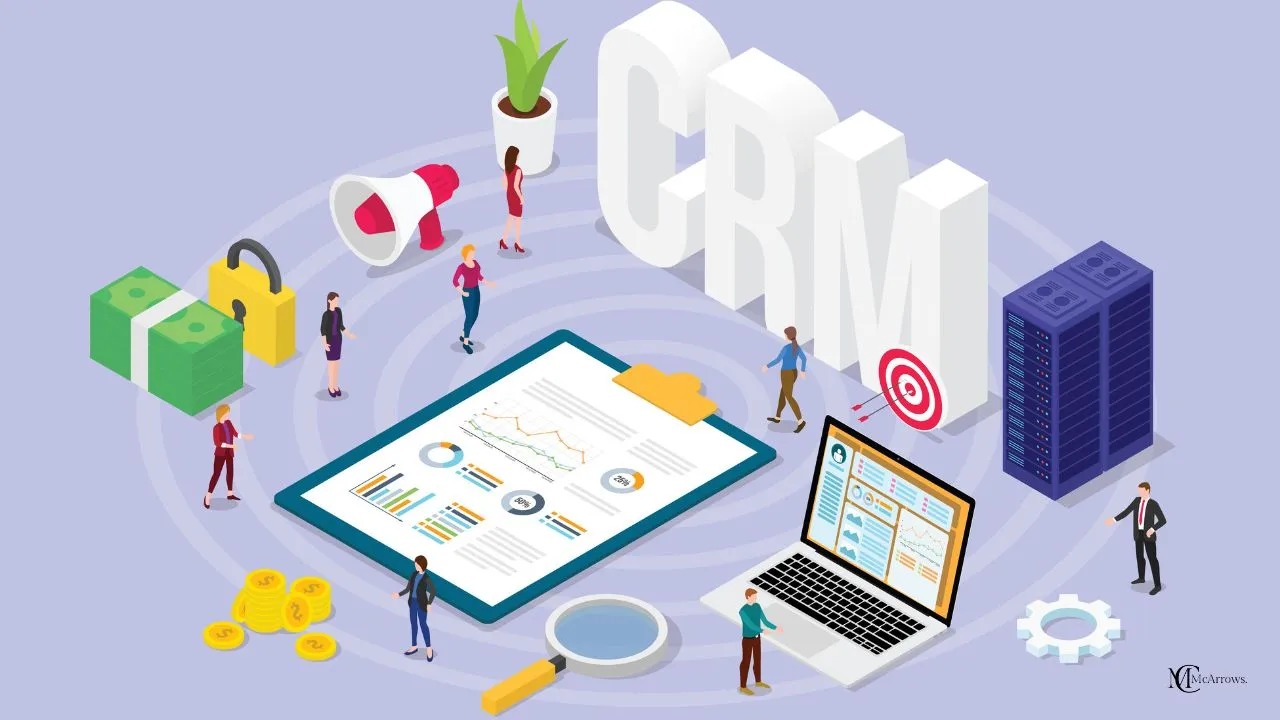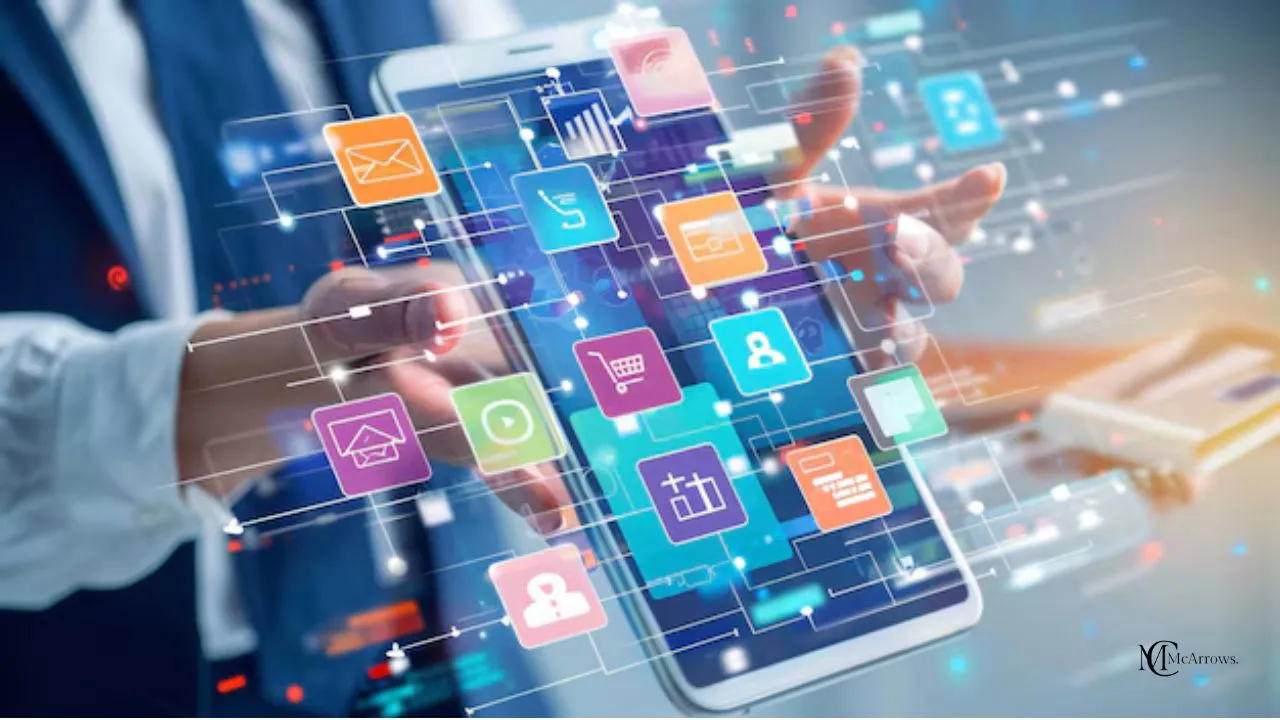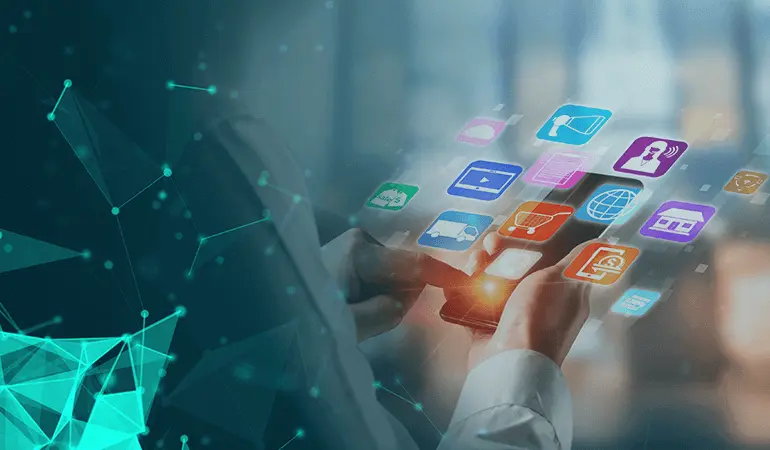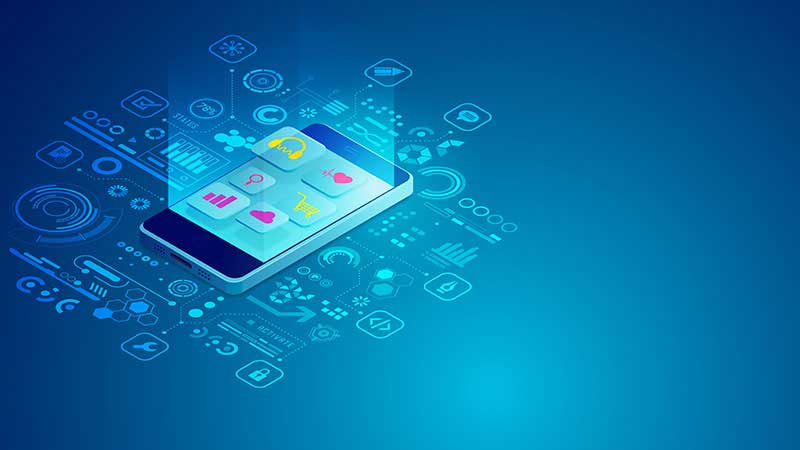In the rapidly evolving world of business technology, two essential tools often come into play when optimizing operations and managing customer relationships: ERP (Enterprise Resource Planning) and CRM (Customer Relationship Management). Understanding the differences, benefits, and implementation strategies for ERP and CRM systems is crucial for businesses aiming to streamline processes, enhance customer interactions, and ultimately drive growth.
Table of Contents
What is ERP?
ERP stands for Enterprise Resource Planning. It is an integrated software platform that consolidates various business processes and functions into a unified system. ERP systems are designed to manage and automate core business activities, including finance, human resources, supply chain, manufacturing, and procurement. By providing a centralized database, ERP systems enable businesses to have real-time access to crucial information, improving decision-making and operational efficiency.
Key Features of ERP Systems:
- Financial Management: Tracks financial transactions, manages accounts payable and receivable, and generates financial reports.
- Supply Chain Management: Monitors inventory levels, manages orders, and optimizes supply chain operations.
- Human Resources Management: Handles employee records, payroll, benefits, and recruitment processes.
- Manufacturing Management: Oversees production schedules, quality control, and resource planning.
Benefits of ERP:
- Improved Efficiency: By automating and integrating core business processes, ERP systems reduce manual work and minimize errors.
- Better Data Accuracy: Centralized data storage ensures consistency and accuracy across departments.
- Scalability: ERP systems can grow with the business, accommodating new processes and additional users.
- Regulatory Compliance: Helps businesses comply with industry regulations by providing accurate and up-to-date information.
What is CRM?
CRM, or Customer Relationship Management, is a software platform that focuses on managing a company’s interactions with current and potential customers. CRM systems are designed to improve customer service, enhance customer satisfaction, and boost sales by organizing and automating communications, sales processes, and customer support.
Key Features of CRM Systems:
- Contact Management: Stores and organizes customer information, including contact details, communication history, and purchase records.
- Sales Management: Tracks leads, opportunities, and sales pipelines to help manage and close deals.
- Customer Support: Manages customer inquiries, service requests, and support tickets to ensure timely and effective responses.
- Marketing Automation: Automates marketing campaigns, tracks customer engagement, and measures campaign effectiveness.
Benefits of CRM:
- Enhanced Customer Relationships: CRM systems help businesses understand and anticipate customer needs, leading to improved customer satisfaction and loyalty.
- Increased Sales: By managing sales pipelines and tracking leads, CRM systems can help businesses close deals faster and more efficiently.
- Better Customer Retention: CRM systems provide insights into customer behavior, enabling businesses to identify and address issues before they lead to churn.
- Data-Driven Decision Making: CRM systems provide detailed analytics and reports, helping businesses make informed decisions based on customer data.
ERP vs. CRM: The Key Differences
While both ERP and CRM systems are essential for business success, they serve different purposes and offer distinct functionalities.
Aspect | ERP (Enterprise Resource Planning) | CRM (Customer Relationship Management) |
Primary Focus | Streamlining and automating business processes across the organization. | Managing and improving customer relationships and sales processes. |
Core Functions | Financial management, supply chain management, HR management, manufacturing. | Contact management, sales tracking, customer service, marketing automation. |
Target Users | Operations, finance, HR, manufacturing teams. | Sales, marketing, customer support teams. |
Data Scope | Internal data across all departments. | Customer and sales-related data. |
Implementation Complexity | Typically more complex and time-consuming due to the integration of various business processes. | Generally easier and quicker to implement as it focuses on customer-related activities. |
When to Use ERP vs. CRM
When to Use ERP:
- When your business needs to streamline and integrate various operational processes.
- When managing large amounts of data across multiple departments.
- When seeking to improve overall efficiency and reduce operational costs.
When to Use CRM:
- When your business is focused on improving customer relationships and sales processes.
- When managing customer data, tracking leads, and automating marketing campaigns.
- When you need to enhance customer support and retention strategies.
Integrating ERP and CRM: The Best of Both Worlds
Many businesses find that integrating ERP and CRM systems provides the best results. An integrated approach allows for seamless data flow between customer-facing and operational functions, ensuring that all departments have access to accurate, real-time information. This integration can lead to improved efficiency, better customer experiences, and increased profitability.
Benefits of ERP and CRM Integration:
- Unified Data: Combines customer and operational data, providing a holistic view of the business.
- Improved Collaboration: Facilitates collaboration between sales, customer service, and operational teams.
- Enhanced Reporting: Offers comprehensive reports that combine data from both systems, leading to better decision-making.
- Streamlined Processes: Eliminates data silos and redundant processes, leading to greater efficiency.
Conclusion
ERP and CRM systems are both critical tools for modern businesses. While ERP focuses on optimizing internal operations, CRM is dedicated to improving customer relationships and sales. By understanding the differences and benefits of each, businesses can choose the right solution or combination of solutions to meet their unique needs.
FAQs
Q1. What is the main difference between ERP and CRM?
ERP focuses on streamlining business operations, while CRM is dedicated to managing customer relationships.
Q2. Can ERP and CRM systems be integrated?
Yes, integrating ERP and CRM systems allows for seamless data flow between customer-facing and operational functions.
Q3. Which is more complex to implement: ERP or CRM?
ERP systems are generally more complex and time-consuming to implement due to the integration of various business processes.
Q4. What departments benefit most from a CRM system?
Sales, marketing, and customer support teams benefit most from a CRM system.
Q5. Is it possible to use both ERP and CRM in a business?
Yes, many businesses use both ERP and CRM to maximize efficiency and improve customer interactions.

CEO, McArrows
Leverages over seven years in tech to propel the company forward. An alumnus of Purdue and Amity, his expertise spans IT, healthcare, aviation, and more. Skilled in leading iOS and backend development teams, he drives McArrows’ technological advancements across diverse industries.








